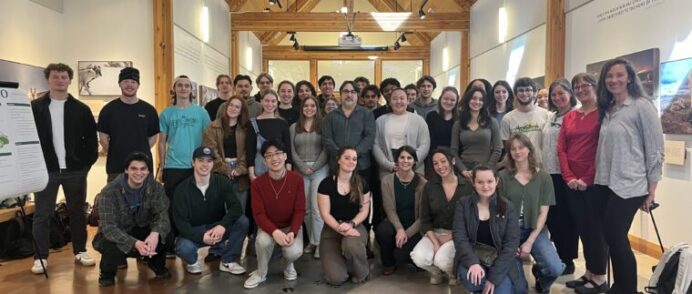
The City of Salem sought recommendations on how to increase Electric Vehicle (EV) charging infrastructure and access. Recognizing the importance of a well-rounded and evidence-based approach, the student teams employed a variety of methodologies, including Geographic Information Systems (GIS) analysis, literature reviews, case studies, and interviews with key stakeholders. Based on this research, the students […]
Read More… from Recommendations for Increased Electric Vehicle Access and Adoption in Salem, Oregon

In response to the City of Salem’s goal of identifying park service area delineation methods that would facilitate a more equitable and accessible park system for residents, Spatial Justice Seminar students analyzed equity and delineated potential park service areas in Salem. Throughout the term, students explored what spatial equity meant, reviewed precedent studies, completed observational-based […]
Read More… from Salem Parks Equity & Service Area Report

Students were tasked with the opportunity to design a campaign to educate Salem residents on heat pumps and their benefits to support the city’s sustainability initiatives. The overarching goal of the campaign was to increase awareness of heat pumps and an understanding of their benefits in Salem. To achieve this goal, students developed a strategy […]
Read More… from Pump Up Salem
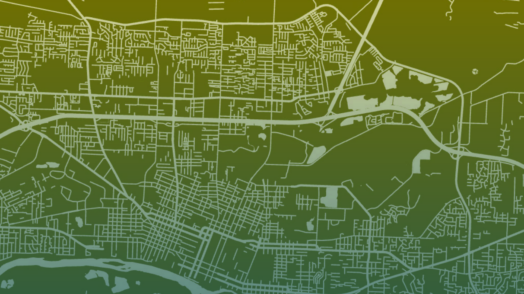
The City of Salem, Oregon, has shown dedication to achieving sustainability goals and revitalizing its neighborhoods by conducting walkability and comprehensive corridors assessments. As part of the Sustainable City Year Program, students from the Geography Department at the University of Oregon participated in an Advanced Geographic Information Systems (GIS) class in collaboration with Salem to […]
Read More… from Navigating Urban Networks: A GIS Exploration of Walkability in Salem, Oregon
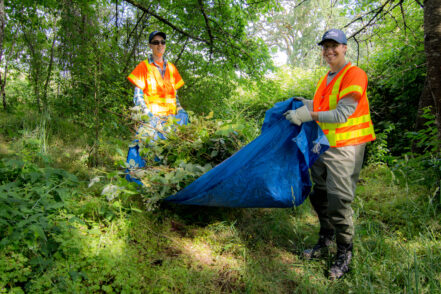
The Strategic Planning and Cases course (J 453) at the University of Oregon worked with the City of Salem to develop outreach campaigns to address the City’s volunteerism and community engagement needs. Although each student team developed a campaign plan that focused on a distinct target audience, all teams had two common goals: 1) Improve […]
Read More… from Volunteerism & Civic Engagement – The Next Wave
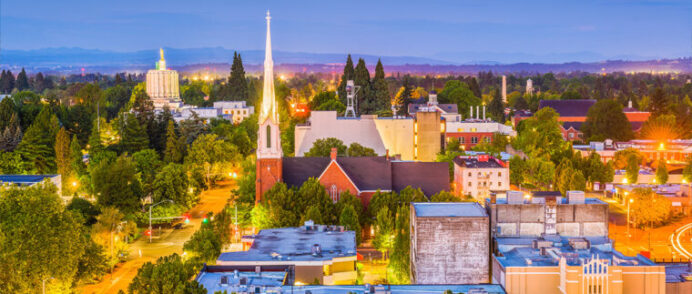
The City of Salem implemented a City Operations Fee in 2019 to supplement revenue for its General Fund. The City was concerned, however, that the current fee structure does not adequately account for equity across commercial and residential classes. As one part of its effort to improve the equity of the fee’s administration, the City […]
Read More… from City of Salem’s Commercial and Residential Operations Fee: Recommendations to Augment Fee Equity
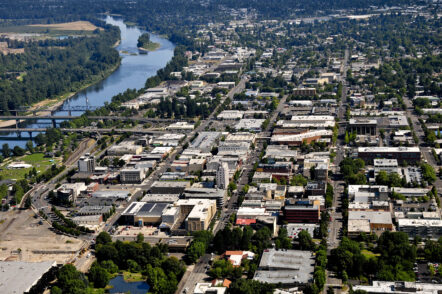
Students in the PR Campaigns capstone course devised three strategies to reduce idling in the city of Salem, Oregon. Strategy 1 emphasizes the city leading by example, calling for city employees to cease idling to encourage broader community participation. This approach builds credibility within the city workforce and sets the tone for collective action. To […]
Read More… from The Lowest Hanging Cherry: Stopping Idling
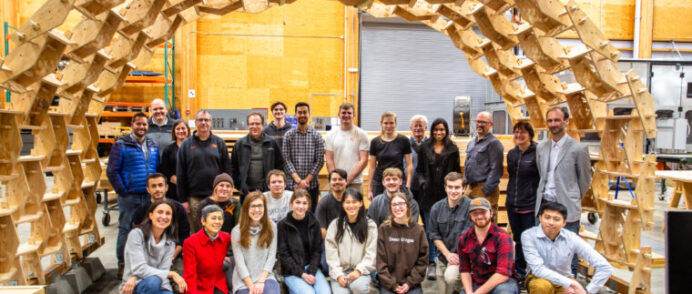
Exploring innovative kit-of-parts construction methods, our project centers on the adaptable nature of reciprocal frame construction, focusing on sustainable reuse of panel materials such as plywood and Mass Plywood Panels (MPP). The University of Oregon (UO)-Oregon State University (OSU) collaboration generated diverse ideas for a small seasonal pavilion in Salem, Oregon’s Highland Park. Following a […]
Read More… from Timber Tectonics: Building for the Circular Economy
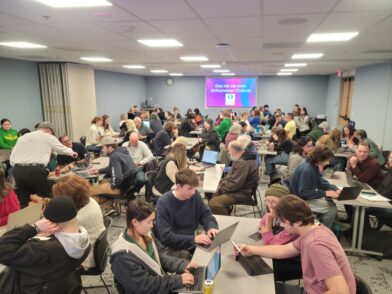
In an era defined by rapid urbanization, the effective planning and management of cities have become paramount to ensure sustainable development, efficient resource allocation, and enhanced quality of life for residents. Traditional methods of urban planning and management are grappling with the complexities and challenges presented by modern cities. Enter Artificial Intelligence (AI), a disruptive […]
Read More… from Green Cities Artificial Intelligence








